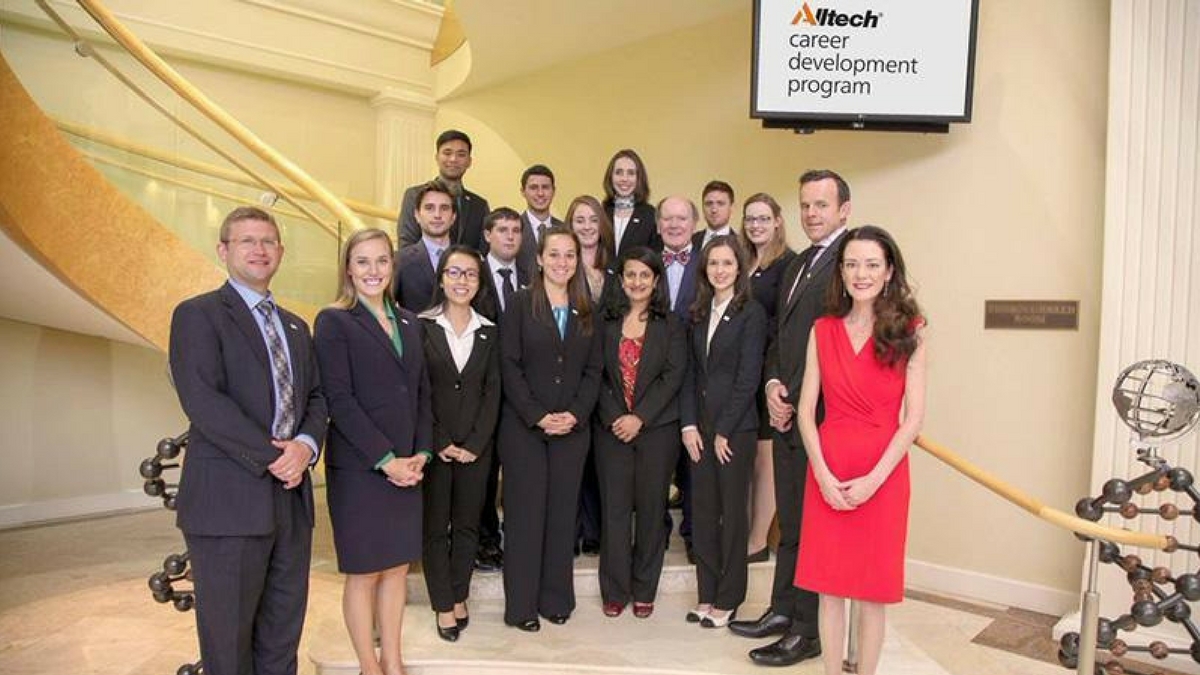From classrooms to boardrooms: Transitioning from university to the workplace
Part 1: Getting Started
Starting your professional journey can be hard, especially after experiencing so much freedom and fun at university. Say goodbye to scheduling classes at your preference, weeknight parties and regular leisure time with friends. Say hello to schedules, deadlines, meetings and managers. As a recent graduate who has recently entered the workforce, I would like to share some tips to help you make a smooth transition from the classroom to the boardroom.
Work is fun! Let’s address a few misconceptions. Work is not a boring place full of unimaginative people doing routine tasks and attending endless meetings. You get to know interesting people, start investing in a new wardrobe, practice language skills, learn new ways of doing things from experts in your chosen field and SO much more!
Preparation, preparation, preparation. Make the time to put together a complete but brief resume (one page is ideal). An experienced recruiter for top companies recently wrote that it takes him less than 20 seconds to evaluate a candidate based on his/her resume. Your work experience may be limited, so focus on highlighting your academic and relevant extracurricular achievements. For example, mentioning you were the winner of a pie-eating contest will likely not impress your future employer; however, your role as president of a campus group would highlight your leadership strengths. It is important to be thorough and consistent in your writing, including tense, fonts, spellings, etc. Proofread your resume several times. Some universities even offer mock interviews where you can practice dressing appropriately and answering questions properly, and at the same time gain feedback on how to improve before the real thing.
Find a company that excites you! A work environment that has a positive culture, shared values that foster innovation, teamwork and happy employees will get you fired up in the morning and keep you motivated. Look at company websites and social media platforms. Maybe you know people who work at that company. Ask them about their experiences. Consider reaching out to key people at that company through LinkedIn.
You may not get hired. Looking for your first job is not easy. Even with all the right preparation, a potential employer may not see you as the right fit for the company. Do not give up! Excitement, rejection, patience and stress are all part of the job hunt. A good way to handle this is to develop a professional frame of mind. Start your day early, as if you worked in an office. Watch or read the news, or check headlines on your Twitter feed. Practicing this will help you get in the habit of waking up early and staying connected to current events, which can be great talking points and references in an interview. Keep in touch with your university friends. They are probably experiencing the same challenges, and you can help each other stay motivated.
Be curious! Earning a degree is a great accomplishment, but it does not necessarily define your career. Nowadays companies in every industry are looking to hire graduates from different fields. The knowledge and hard skills from university classes, paired with soft skills gained from extracurricular and social activities, can help you become a more desirable candidate. Reach outside of your comfort zone, and apply for jobs in different industries. Taking a chance may lead to incredible opportunities!
Continue learning and reading. Just because you have a diploma does not mean you should stop learning. In fact, employers value candidates who challenge themselves. This could mean learning a new language, computer skills, social media practices or other items that will add value to your character and resume. Reading is a great educator. Whether books, blogs or articles, stay informed about the economy, the latest trends or tips from industry leaders. This information could come in handy.
Everyone has different ways of adapting to life outside of the university. We hope these tips will help you handle the transition and find that dream job to get you started on your professional path.
Stay tuned for part two – meeting your future employer!
- Read more about From classrooms to boardrooms: Transitioning from university to the workplace
- Log in to post comments

























